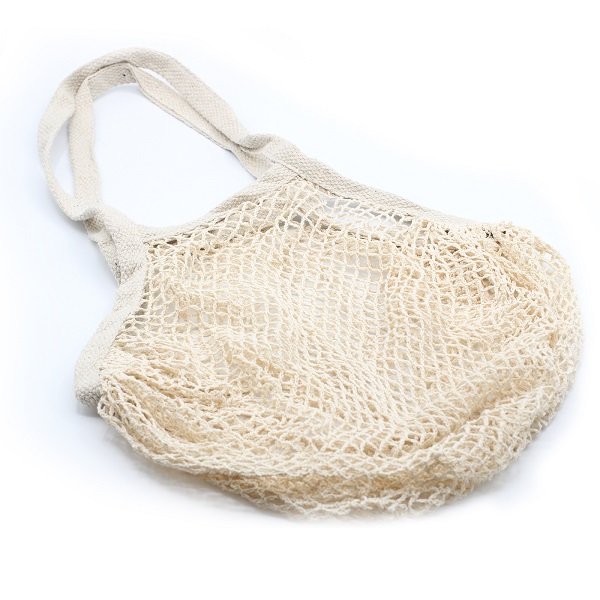As we are becoming more aware of just how much plastic surrounds us; now could be a good time to consider a plastic detox. You might believe it’s impossible to live without plastic…. It is actually a lot easier to do a plastic detox than you think.
First things first, don’t bow to peer pressure, do the best you can. Small lifetime changes are better than trying to change everything and not being able to keep it up. Set a goal to change one or two items a month and see how you go. You will be shocked how quickly you start to detox plastic from your life.
Easy Swaps You are Probably Doing Already
- Take your own reusable bags while doing your grocery shopping.
- Take your coffee/Tea mug with you when purchasing drinks on the go.
- Use stainless steel or glass water bottles.
- Swap plastic straws for bamboo or metal
- Buy local fresh products instead of items packaged in plastic.
Once you start to swap plastic products for more earth-friendly items you will start to see just how much you can reduce plastic in your life. When old items are no longer working replace them with eco products; look for glass, wood, and natural plant fibres.
More Plastic Detox Items you can Change
- Buy washing powder in boxes, not plastic containers.
- Wash and reuse glass containers to store other items in them.
- Use wooden spoons and utensils in the kitchen.
- Choose cloth or wooden toys for babies and children.
- When buying new clothes choose natural fibres like cotton, wool, silk and hemp.
Everyday Bathroom Swaps
- Soap bars instead of plastic shower gels.
- Shampoo bars instead of shampoo bottles.
- Try a wooden hairbrush or comb.
- Use a natural Himalayan deodorant
Useful Tips
Recycle whatever you can and have a go at composting.
Avoid cooking or reheating food in plastic, and wrapping food in plastic use glass containers, beeswax wraps, and reusable food covers.
Make your own natural household cleaners; you can use vinegar, baking soda, lemon, aromatherapy oils.
Create your own travel kit for when you’re out and about – reusable bag, travel mug, straw, and cutlery.
Plastic Symbols Demystified
Check the labels of plastic items you buy, avoid any with the symbol 3 (PVC) this is known as the poison plastic and can also contain phthalates. Phthalates are an industrial chemical used in PVC, food containers, toys and even in some cosmetic and fragrances!
- PET Polythene Terephthalate) used for clear drinks bottles, food packaging, Vitamin bottles. One of the most widely recycled plastics.
- HDPE (High-Density Polythene) used for milk bottle, shampoo and vitamin bottles. Can be reused and widely recycled.
- PVC (Polyvinyl Chloride) used in clothing, toys, window frames and drainpipes. Avoid where possible, it’s also not generally collected to be recycled.
- LDPE (Low-Density Polypropylene) found in carrier bags, some bottles and containers. Not generally collected for recycling.
- PP (Polypropylene) used in soup pots, margarine tubs and bottle tops. Not generally collected for recycling although this plastic can be re-used.
- PS (Polystyrene) used for takeaway cups, yoghurt pots. It’s not generally collected for recycling and is also thought to be a possible carcinogen.
- Other, this one’s confusing as it contains BPA Polycarbonates and Lexan which are not collected for recycling. It also includes PLA which is compostable and made from corn starch.
Whichever way you choose to take your plastic detox it can only be a good thing for you and our world. Remember tiny steps are easier to achieve and sustain, let us know how you remove plastic from your life.
See our full range of eco-home and gift products designed with you, your home, and the environment in mind.
About Snooty Catz
Are you new to Snooty Catz? We are a small UK independent business that loves to live ethically for both ourselves and our pets. This is why we stock a fabulous range of natural wellbeing products for both people and their pets. As well as ethically sourced homewares and eco gifts.
Snooty Catz is an ethical business, and deeply cares about the environment. So each order is sent in eco-friendly, plastic free packaging. We have also partnered with Ecologi and will plant one tree for every order placed. There’s a lot of good happening over here!
Thanks for stopping by and have a fabulous day!
